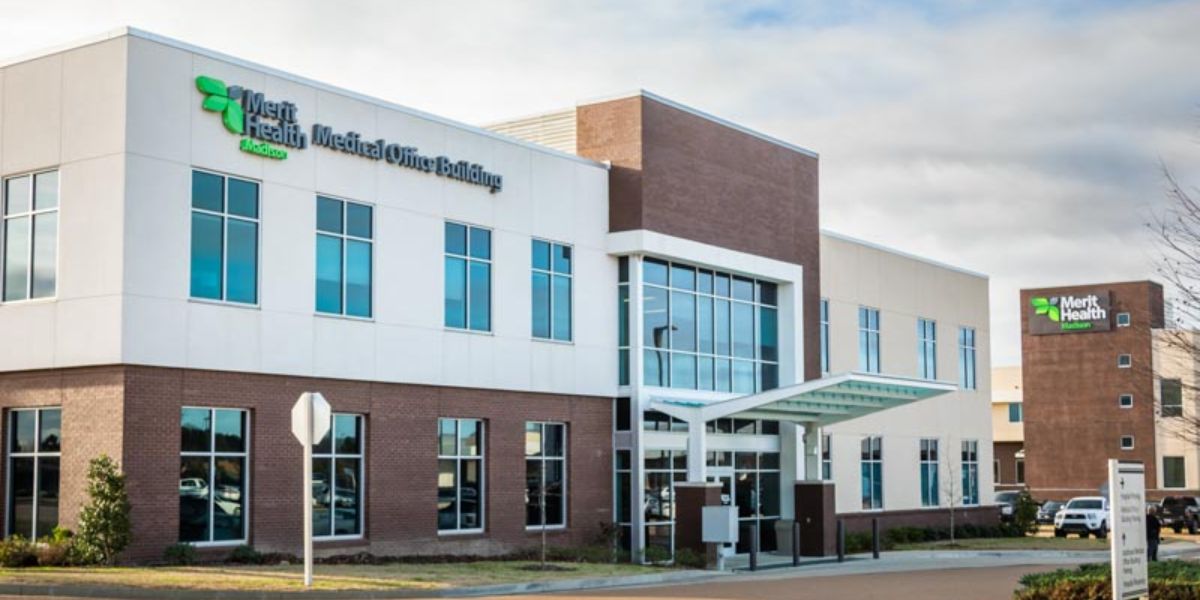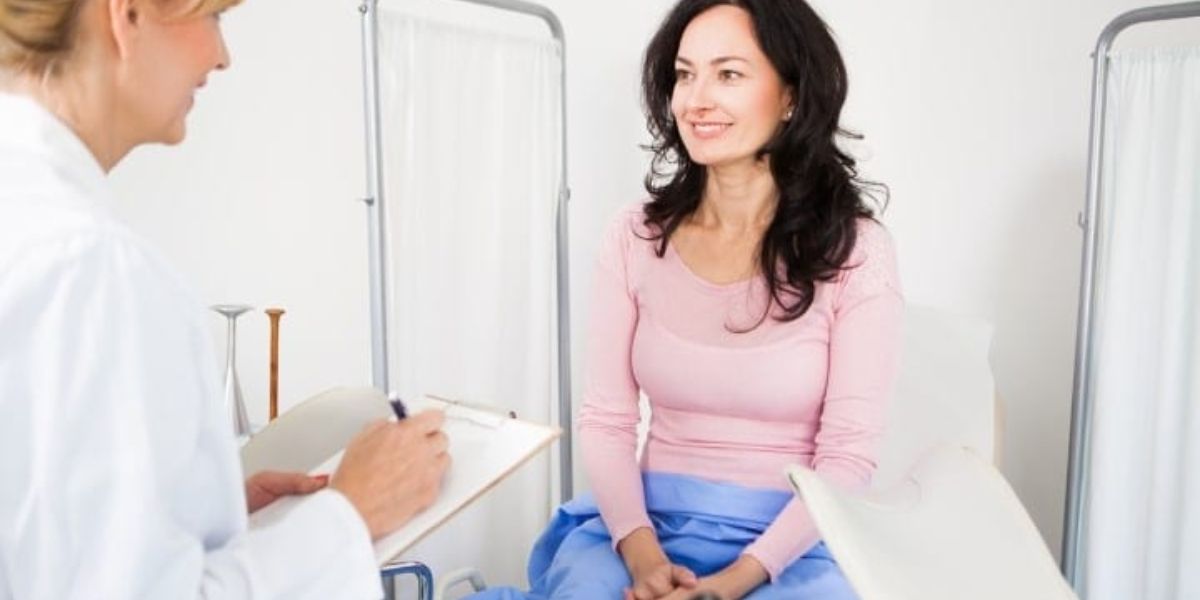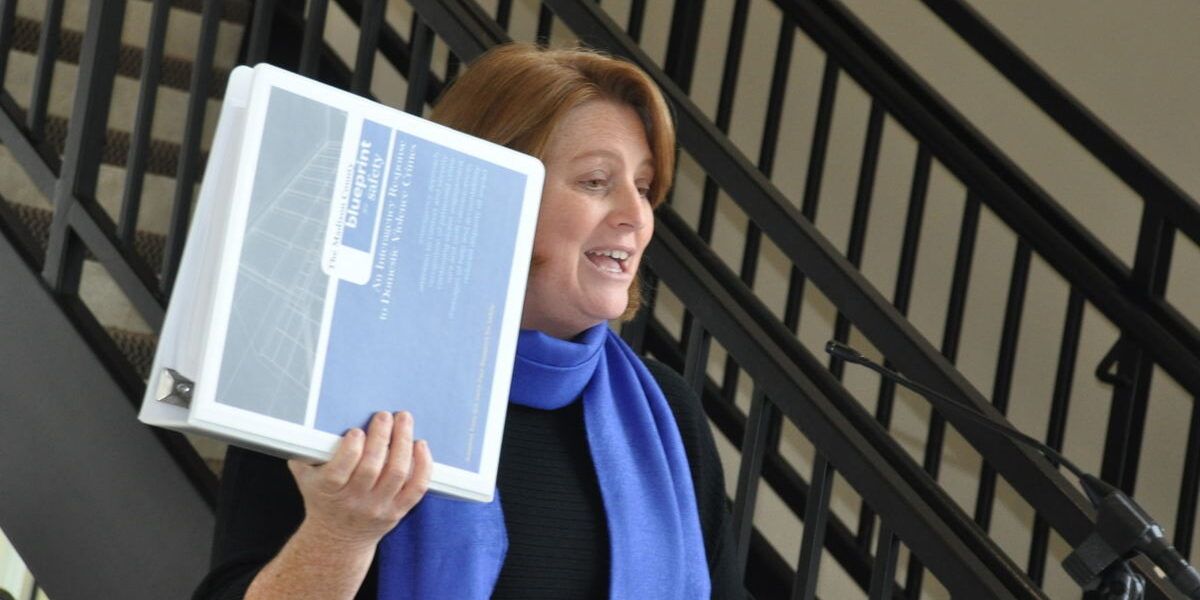The opioid crisis continues to challenge communities across the country, and Madison County is no exception. But there’s a growing tool in the fight against addiction that’s giving people hope and saving lives — Medication-Assisted Treatment (MAT). This approach combines FDA-approved medications with counseling and behavioral therapies to treat substance use disorders more effectively than either approach alone.
Understanding What MAT Really Is
Medication-Assisted Treatment (MAT) uses medications such as buprenorphine, methadone, and naltrexone to help individuals reduce cravings and manage withdrawal symptoms. But MAT isn’t just about medication — it’s about comprehensive care.
Table of Contents
The goal is to stabilize brain chemistry, block the euphoric effects of alcohol and opioids, and support long-term recovery through counseling and behavioral health services. In Madison County, MAT programs have been steadily expanding through primary care and recovery centers, offering patients a path forward with both medical and emotional support.
Why MAT Matters in Madison County
Madison County has seen a steady rise in opioid-related emergencies in recent years, underscoring the need for more integrated approaches like MAT. Local clinics have recognized that addiction is not a moral failing — it’s a chronic medical condition that can be treated successfully.
“When patients are supported with the right combination of medication and therapy, we see recovery rates climb and relapse rates drop,” explains Daniel Harris, a board-certified family nurse practitioner in Madison County.
MAT helps patients regain control of their lives by minimizing the physical pain of withdrawal, addressing psychological dependency, and creating a bridge to stability and normalcy.
The Medications Used in MAT Programs
Each medication used in MAT serves a specific purpose:
- Buprenorphine: Reduces cravings and withdrawal symptoms without producing a high.
- Methadone: Helps stabilize patients by acting on the same brain receptors as opioids but in a controlled, safe way.
- Naltrexone: Blocks the effects of opioids and alcohol, reducing the urge to use them again.
In Madison County, medical professionals carefully assess each patient’s needs before deciding which medication is most suitable. Treatment is closely monitored to ensure safety and effectiveness.
Integrating MAT into Primary Care
One of the most effective developments in Madison County has been the integration of MAT into primary care settings. Instead of separating addiction treatment from other health services, clinics now offer recovery support alongside chronic disease management, family medicine, and behavioral care.
This approach helps reduce stigma and improves follow-up rates. Patients can receive addiction treatment during their regular checkups, ensuring continuity of care and reducing barriers to access. It also creates a supportive environment where recovery is treated as part of overall wellness — not a separate or shameful issue.
The Role of Counseling and Support
Medication alone is not enough. That’s why MAT in Madison County always includes counseling, therapy, and case management. Licensed clinical social workers and therapists like Maya Collins emphasize that recovery is not just about physical healing but emotional growth.
Counseling sessions may include:
- Individual therapy to address trauma or mental health concerns.
- Group sessions to build community and shared accountability.
- Family support programs that teach loved ones how to assist in recovery.
By combining medication and therapy, MAT programs help patients rebuild relationships, manage triggers, and plan for long-term recovery.
Overcoming Stigma Around MAT
Despite its proven success, stigma remains a major barrier. Many people still believe MAT “replaces one drug with another.” However, the reality is that MAT medications are prescribed under strict medical supervision and designed to restore normal function — not to substitute addiction.
Madison County clinics are working to change this perception through community outreach and education. Public health campaigns, partnerships with law enforcement, and support from the Madison County Health Department have helped shift attitudes toward seeing MAT as essential medical care, not a shortcut.
Accessing MAT Services in Madison County
Residents seeking help can start by contacting their primary care provider or one of the county’s integrated care clinics offering addiction recovery support. Many facilities provide same-day intake assessments, telehealth options, and referrals to counseling services.
In addition, community-based organizations and family programs help patients find ongoing support, employment assistance, and housing stability — all critical components of successful recovery.
Building a Stronger Recovery Community
Madison County’s success with MAT comes from collaboration. Healthcare providers, behavioral health specialists, and social service organizations work hand in hand to ensure that treatment extends beyond the clinic walls. Through continued investment in training, awareness, and community engagement, the county aims to make recovery not just possible, but sustainable.
Call to Action
If you or someone you know in Madison County is struggling with addiction, help is available. Reach out to your primary care provider or a local addiction recovery center to learn about Medication-Assisted Treatment options. Recovery starts with one conversation — take that first step today. Visit mcchc.org for resources, guidance, and community support programs designed to help you reclaim your health and your future.












